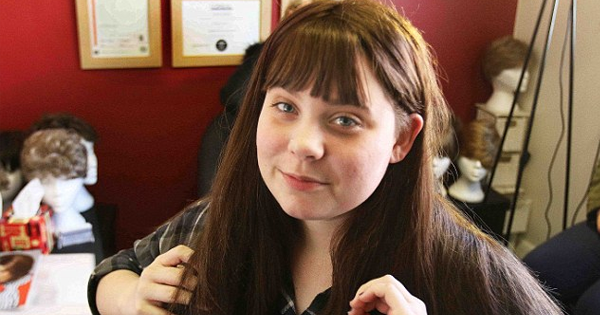When you’re a teen, having acne is just about the worst thing that can happen to you.
But for Elin Rowlands, acne would have been preferable to what ended up happening to her.
Elin Rowlands, like many teens struck with severe acne, began taking an acne pill after she was ridiculed at school for her acne and scars.
She was prescribed Roaccutane, a vitamin A-based steroidal drug that’s supposed to reduce severe acne.
She was first given a 30 mg per day dosage. But every time she went for a monthly checkup, they raised her dosage. Eventually, she was taking 70mg of Roaccutane every day. Guidelines say this may have been a little high for her weight.
After the dosage was increased to 70mg, she began experiencing abdominal pain so severe that she was sent home.
She was initially diagnosed with gallstones, and was given pain medication. But only when she started vomiting black fluid did doctors really take her illness seriously. They quickly diagnosed her with pancreatitis.
The next day, her body went into shock.
She spent three weeks at Alder Hey Children’s Hospital, before being transferred to Royal Liverpool Universty Hospital for surgery. She had to have four operations, during which all but eight percent of her pancreas was removed.
Without it, she’s now diabetic. With so little of her pancreas left, her body can’t adequately produce insulin.
She’ll need injections and diabetes medication for the rest of her life. The stress has caused Elin to lose her hair. She wears a wig now. What’s worse, she’s still suffering from depression. She may even end up infertile.
Doctors say the pancreatitis was “likely to be secondary to Roaccutane use.” They made Elin stop taking it immediately.
Her mother said that in the end, it wasn’t even worth it. “The cruel Irony is the Roaccutane did nothing to improve her skin. It was only when she was in the hospital when we were reading magazines that we discovered a cream for £11 that’s worked wonders.”
“It makes me so angry to think that all that I’m going through is for nothing. I will never be cured. This is going to affect me for the rest of my life,” says the teen.





